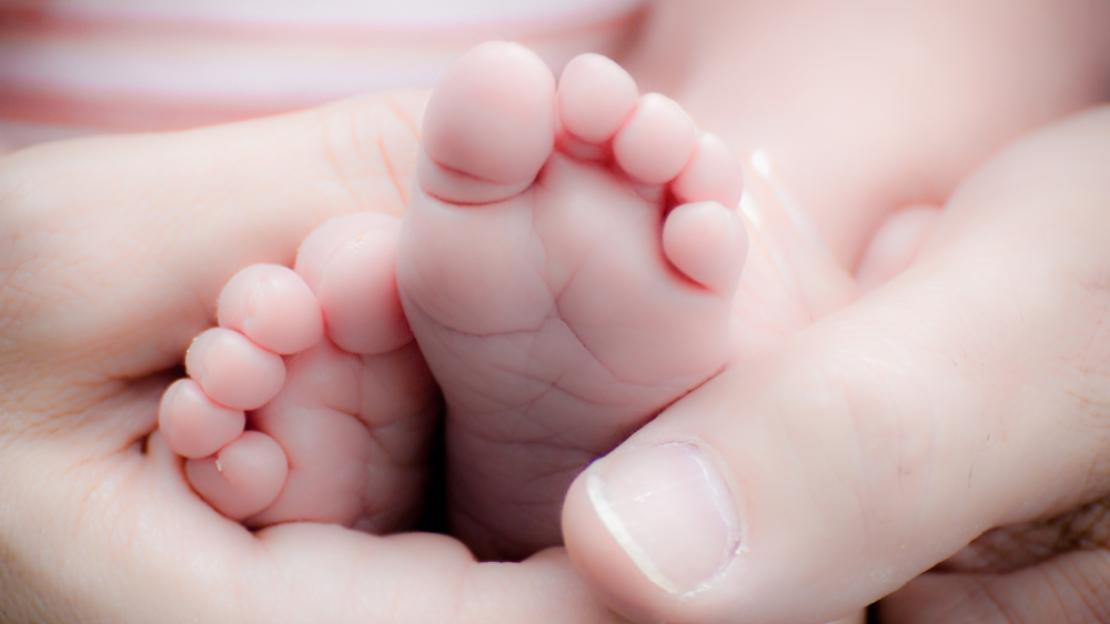New U of T Scarborough research that will look at health outcomes among infants born to women with disabilities has received a funding boost from the Canadian Institutes of Health Research (CIHR).
“This funding will help to build a research infrastructure to look at long-term maternal and child health in this population,” says Hilary Brown, an assistant professor of health studies who will lead the project.
In Canada, about one in eight women of childbearing age has a physical, sensory or intellectual disability, and until recently fertility rates among these women were low. But with medical advances and better integration of persons with disabilities in the community, more women with disabilities are starting families, notes Brown.
“Women with disabilities represent a growing maternal population, so our research could have a significant impact on the future health of Canadian infants,” she says.
READ MORE ABOUT BROWN’S RESEARCH ON MATERNAL AND CHILD HEALTH
Women with disabilities experience higher rates of poverty and poor health, and research shows that these factors increase the risk for poor pregnancy outcomes. However, as Brown points out, there is little research looking at the health of infants born to women with disabilities.
“Our aim is to compare access to health care, health, and mortality among infants born to women with and without disabilities,” she says.

Brown and her team will use data from Ontario medical records and documentation on disability support recipients for the project. Evidence of increased risk for poor outcomes among infants born to women with disabilities could offer important information needed to create specialized supports for women with disabilities and their infants, she adds.
Brown was one of 26 researchers to receive a New Investigator Grants in Maternal, Reproductive, Child and Youth Health from the CIHR announced Jan. 9. A total of $1.67 million in funding was handed out to researchers across Canada.
